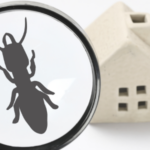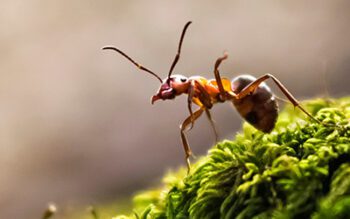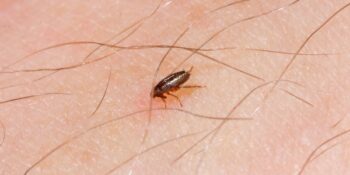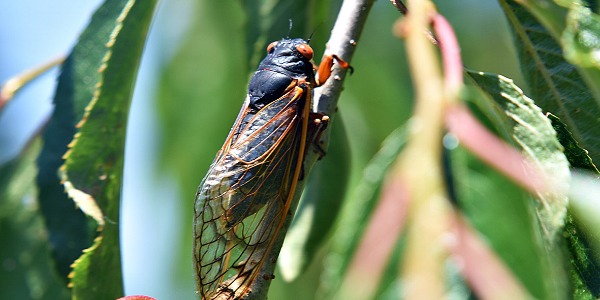
You may have heard some buzz about Brood X cicadas this year. Of all the insects we come in contact with, periodical cicadas like the Brood X only come around every now and then—every 17 years to be exact for their species! 2021 marks a special year, as it’s the brood’s first major emergence since 2004! 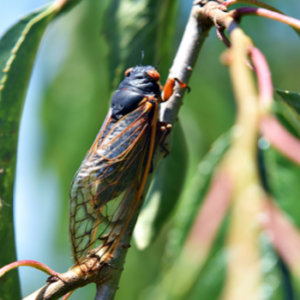
Where Do Cicadas Live?
Cicadas are large flying insects, often known for the sounds they make. Male cicadas will create a loud buzzing sound to attract potential mates. While cicadas like the Brood X spend most of their lives underground, and a small number of their crew may emerge each year, only in 17-year intervals do we see them emerge from underground in massive numbers.
How Often Do Cicadas Come Out?
Cicadas are described as either 13-year cicadas or 17-year cicadas. Before cicadas emerge, they spend the majority of their lives underground developing. While there, they’ll primarily feed on juices and the sap of tree roots. After their respective intervals underground, 13-year cicadas and 17-year cicadas head toward the surface of the ground for about a month. Here, they’ll molt, copulate, and lay as many as 400-600 eggs each before dying off. Then, their offspring burrow back down into the soil where they stay for the next 13 or 17 years!
All About Brood X Cicadas
As mentioned the Brood X cicada, also known as the Great Eastern Brood, falls into the category of 17 year cicadas, meaning we won’t see a mass emergence again until 2038!
This year, the Brood X is expected to surface in 15 different states, including New York, New Jersey Delaware, Illinois, Georgia, Indiana, Kentucky, Maryland, North Carolina, Ohio, Pennsylvania, Tennessee, Virginia, West Virginia, and Michigan. The 2021 emergence of Brood X cicadas is predicted to be one of the largest in history, with estimated billions of insects emerging from underground.
Are Cicadas Dangerous?
Though they may be loud and cause cosmetic damage to trees, cicadas don’t pose a huge risk to humans, pets, or homes, as they don’t bite or sting, and will typically stay outside!
Cicadas even provide benefits to nature, like aerating soil underground, allowing tree roots to get greater access to nutrients and oxygen.
Questions About Brood X Cicadas?
As we prepare for the emergence of the Brood X cicada this year, we’re here to answer any concerns you may have! Feel free to ask one of our entomologists all your burning questions—call (631/516) 864-6900.

